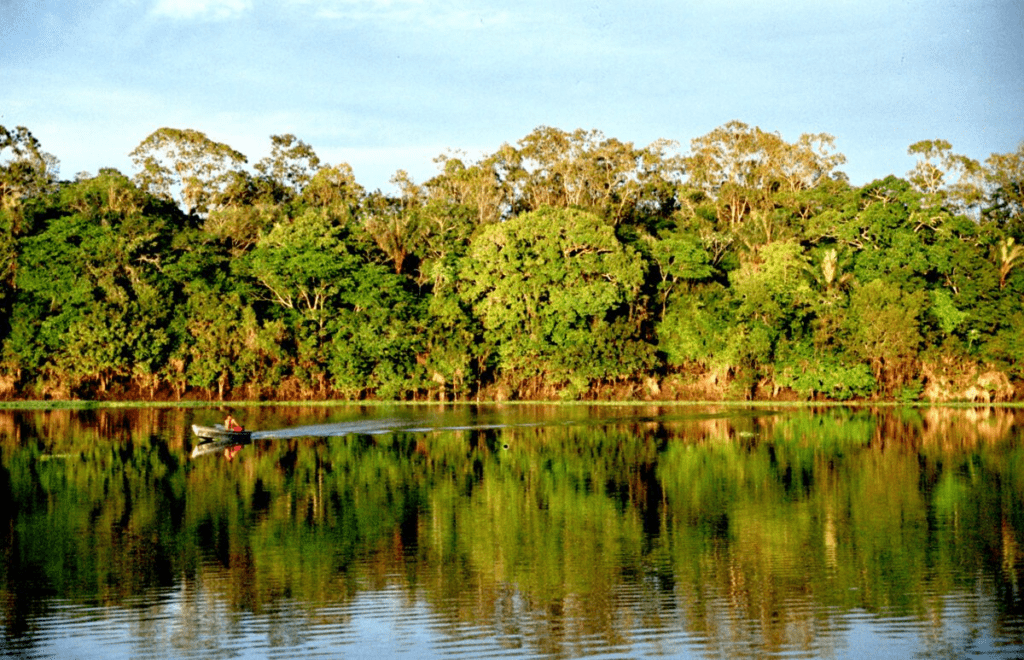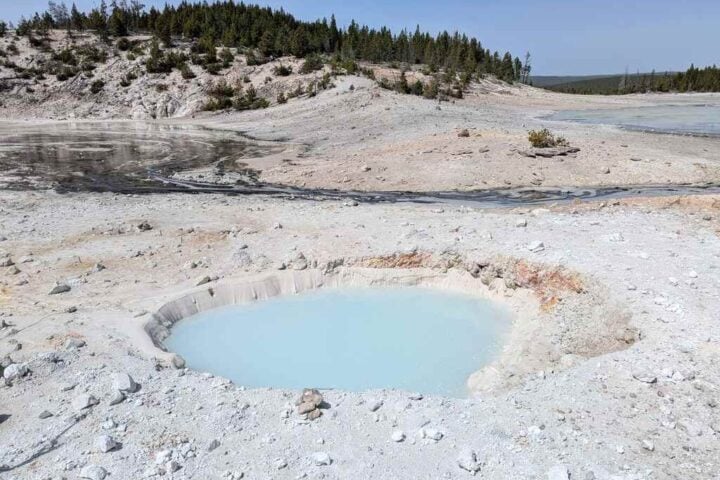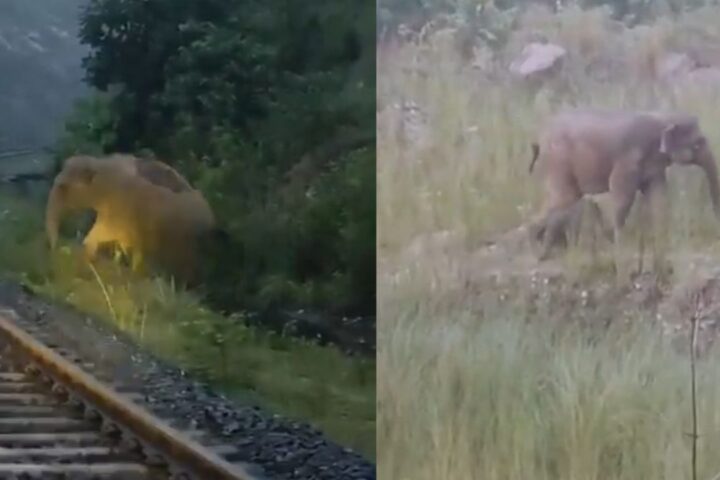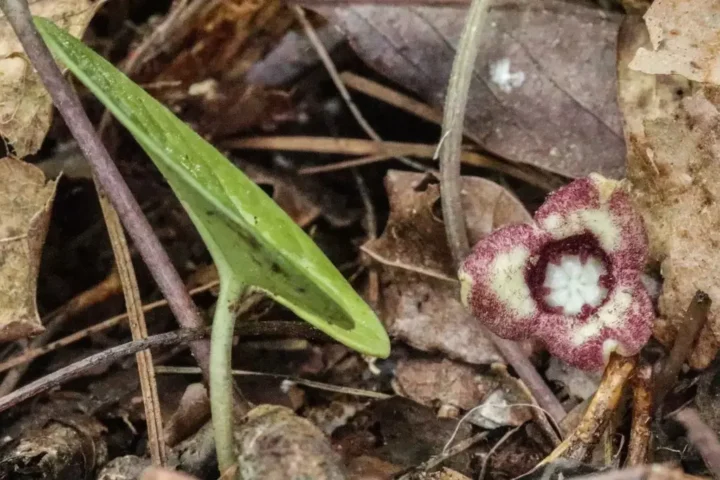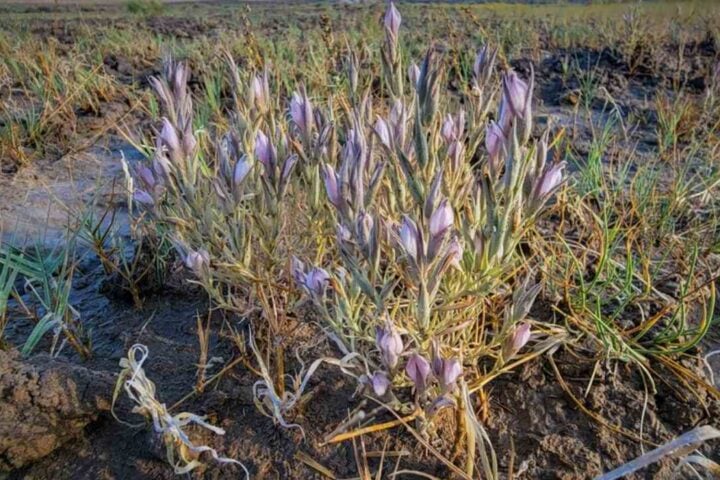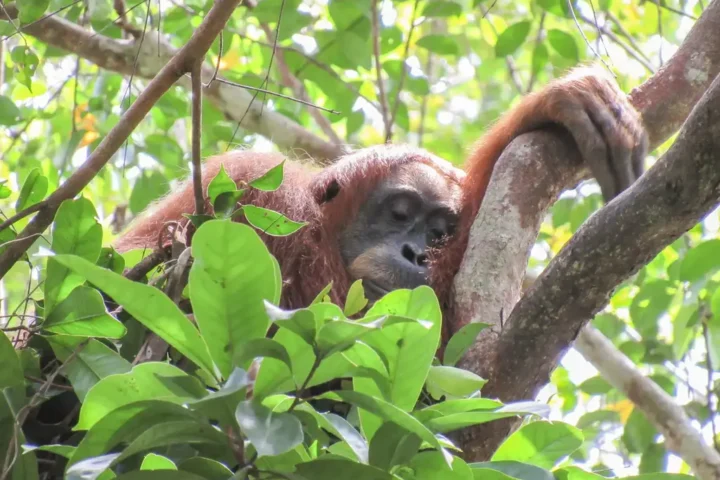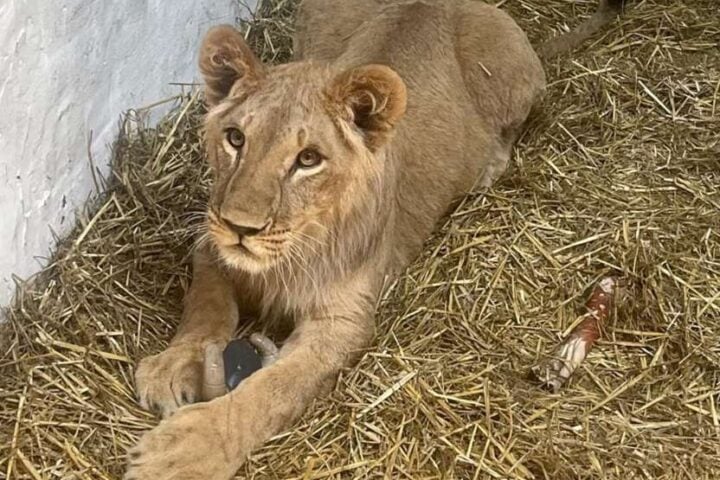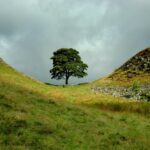The Ocmulgee Mounds National Historic Park, located in central Georgia, holds thousands of years of cultural heritage and is on the verge of becoming the state’s first fully-fledged national park. As the Muscogee (Creek) Nation and local partners advocate for its national park status, the site’s significance and potential as a place of historical preservation and reconciliation become evident. Let’s explore the captivating story behind the Ocmulgee Mounds and its journey towards national park recognition.
Unveiling the Ancient Past:
The Ocmulgee Mounds site has a rich history that spans an impressive 12,000 years. From evidence dating back to 8000 to 1000 B.C., the site showcases the early presence of Indigenous peoples in the region. The major earthworks, including the Great Temple Mound, ceremonial mounds, defensive trenches, and a burial mound, are over a thousand years old, offering a glimpse into the ancient Mississippian civilization. These mounds were meticulously constructed by hand, with soil carried in baskets to create monumental structures.
Preservation Efforts and Historical Significance:
Despite facing periods of degradation and disruption, the Ocmulgee Mounds have been federally protected by the National Park Service since 1934. The site’s archaeological importance prompted the largest excavation in American history during the 1920s and 1930s, unearthing millions of artifacts. President Franklin Delano Roosevelt recognized its spiritual significance and set aside 2,000 acres as a national monument in 1934. Now, nearly a century later, the initiative to upgrade its status to a national park has gained bipartisan support in Congress.
Similar Post
A Land of Reconciliation:
The proposed Ocmulgee Mounds National Park represents more than just a protected space. If the bill passes, it will become the first national park co-managed by a removed tribe—the Muscogee (Creek) Nation. This significant step toward reconciliation acknowledges the tragic history of the Trail of Tears, during which Indigenous tribes were forcibly removed from their ancestral lands. The park’s establishment seeks to honor the heritage of the Muscogee people and ensure the site’s perpetual protection.
Expansion and Access for All:
National park status will expand the boundaries of the Ocmulgee Mounds, incorporating an additional 50,000 or more acres of floodplains, providing a habitat for black bears and enhancing biodiversity preservation efforts. The proposed park will also open recently acquired land to the public, including parts of Bond Swamp National Wildlife Refuge, offering visitors the opportunity to camp and partake in activities like hunting—an unusual feature for a national park.
Visitor Experiences and Cultural Events: With its current designation as a national historical park, the Ocmulgee Mounds already welcomes visitors to explore its pathways, view replicas and artifacts in the visitor center, and ascend one of the mounds using a wooden platform. Additionally, the park hosts the annual Ocmulgee Indigenous Celebration in the fall, bringing together various Native American tribes for lectures, demonstrations, and cultural performances. Macon’s Cherry Blossom Festival offers lantern-lit interpretive tours of the park, immersing visitors in the captivating history and natural beauty.
As the Ocmulgee Mounds National Historic Park inches closer to its potential designation as a national park, its timeless significance as a site of cultural heritage and historical preservation becomes increasingly apparent. This remarkable journey through thousands of years of human history, combined with the proposed expansion, co-management with the Muscogee (Creek) Nation, and enhanced visitor experiences, signifies a step towards acknowledging and protecting the ancient past of Georgia’s indigenous peoples. The potential addition of Ocmulgee Mounds to the prestigious list of U.S. national parks invites us to reflect on the importance of preserving our shared heritage for generations to come.


